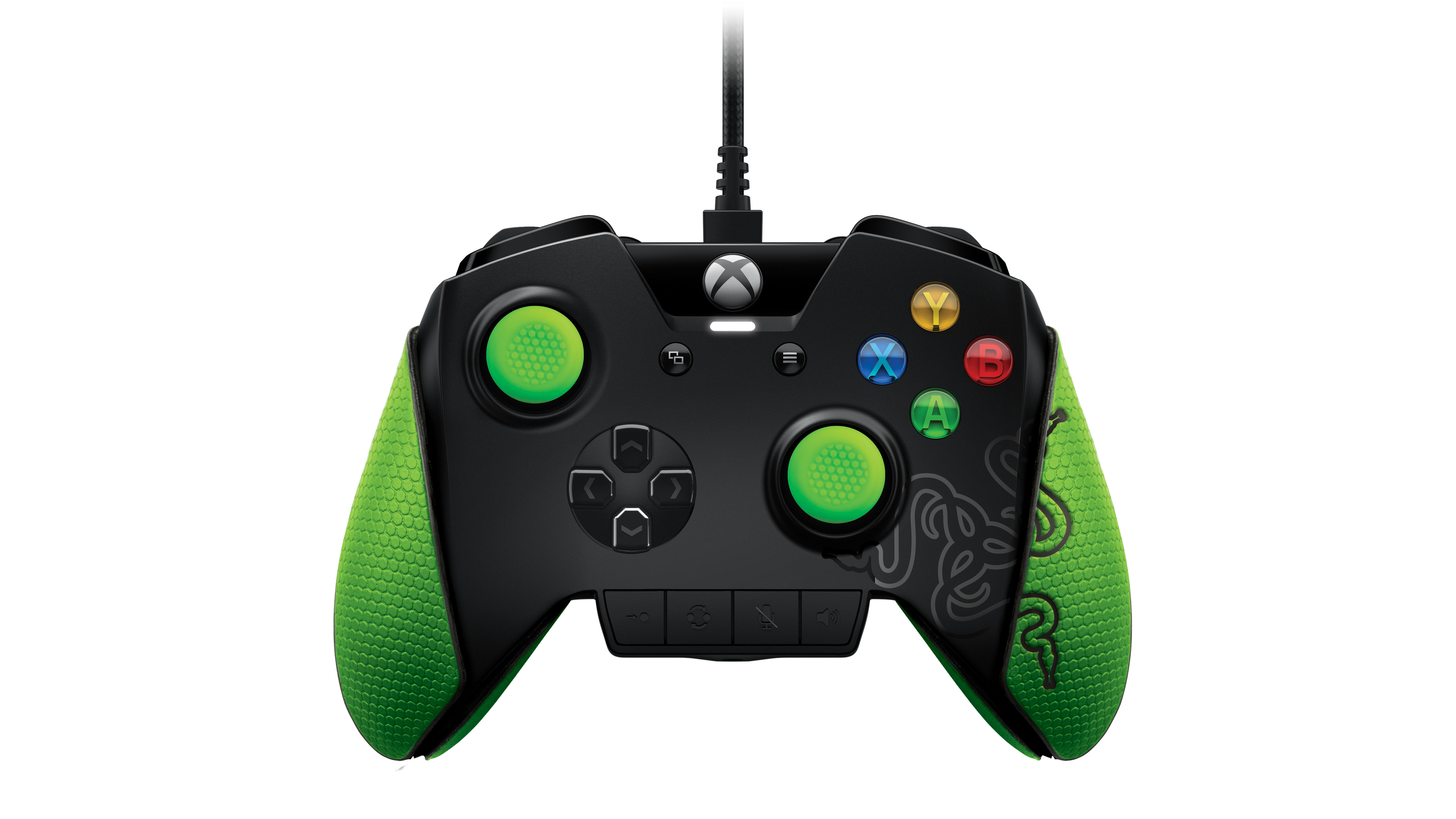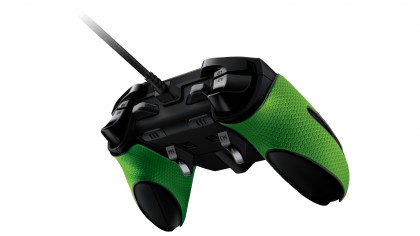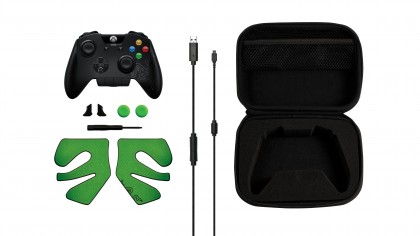
Sign up for breaking news, reviews, opinion, top tech deals, and more.
You are now subscribed
Your newsletter sign-up was successful
Following in Microsoft's footsteps, Razer is building a controller for the most elite Xbox One gamers. It's called the Wildcat and it will offer a slew of tweakable controls in the form of four remappable macro buttons - two next to the left and right bumpers and two on the underside of the wings.
The controller, which has a release date of October of this year, will come stock with reinforced high carbon steel analog stick necks, removable high-end aluminum triggers and optional palm grips and analog stick grip caps.
And while the all that metal sounds like it should theoretically add some heft, Razer claims that the Wildcat will be "25% lighter than other tournament-grade controllers."
It's a similar concept to Microsoft's upcoming Elite Wireless Xbox One Controller, and even shares a similar price-point at $149.99 / €179.99.

The controller will come with a detachable 3 m / 10 ft. lightweight braided fiber cable as well as a carrying case for toting the tech from tournament to tournament ... or, you know, to a friend's house.
While the remappable buttons will garner the most attention from gamers, the Wildcat also sports "trigger stops" that require the triggers to be depressed less in order for it to register a button press. (Which results in more button presses in less time.)

Finally, a four-button control center sits on the face of the controller that allows you to instantly mute yourself and control the volume level of your mic.
Sign up for breaking news, reviews, opinion, top tech deals, and more.
From the pictures it looks like the Razer Wildcat shares some distinct similarities to the incredibly solid, award-winning Sabretooth Xbox 360 Pro Controller. The true test, however, is if the Wildcat can oust the Elite as the Xbox One's go-to tournament pad.

Nick Pino is Managing Editor, TV and AV for TechRadar's sister site, Tom's Guide. Previously, he was the Senior Editor of Home Entertainment at TechRadar, covering TVs, headphones, speakers, video games, VR and streaming devices. He's also written for GamesRadar+, Official Xbox Magazine, PC Gamer and other outlets over the last decade, and he has a degree in computer science he's not using if anyone wants it.